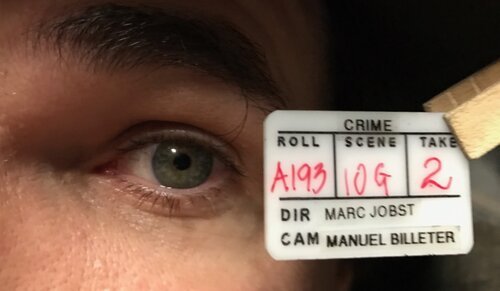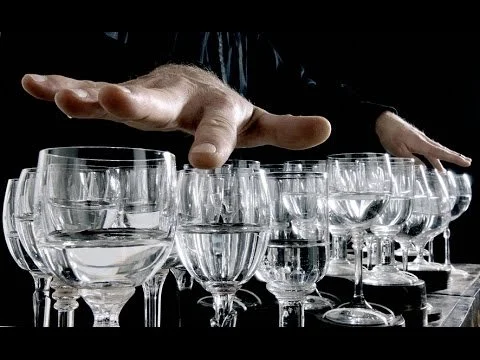The Joy of Craft
I love the term craft.
And guild. The Guild of Stonemasons, The Guild of Carpenters, The Writer’s Guild, The Director’s Guild.
They hold so much romance for me. A Guild is a group of people with skills, practiced over many hours, learned from many masters, shared with many people. In times where work was more practically based there was a formal system of apprenticeship to most trades: young craftsmen were apprenticed to masters from whom they learned their craft, usually over a period of at least seven years.
When I was 18, before deciding to go to university, I wanted to become apprentice to a master cabinetmaker or potter. I went to Paris to meet with the Compagnons du Devoir – a French organization dating back to medieval times.
They operated a system of formal apprenticeships to particular crafts – cabinet maker, upholsterer, blacksmith, baker, farrier, cobbler, cooper amongst many others. After serving a long apprenticeship you became a journeyman, then finally, years later, a master craftsman. Part of the training was to take the Tour de France.
You were given a walking stick and every six months you walked from one part of France to another, where you lived and apprenticed to a new “master” in your chosen trade, and in a different city. The idea was to give you both life and craft experience. The romantic in me loved the mythic nature of the journey and of learning from highly skilled craftsmen and women.
Filmmaking and storytelling weren’t part of the Compagnons’ crafts and in the end, I decided to study agriculture at Newcastle upon Tyne University. But when I was accepted into the Director’s Guild of America I loved the notion of being part of a guild of craftspeople with whom I could continue to share and learn.
It’s important for us to share, and to learn, and to strengthen our support for those starting out – particularly those with backgrounds that have little access to the film industry. Our world needs voices and stories from ALL walks of life and kinds of people. We expand our humanity by watching films from all viewpoints of experience.
Clapper used for macro lens shot on The Punisher
After telling stories for 30 years in theatre, documentaries, and live action drama, I’m conscious more than ever of the formidable craftsmanship in filmmaking. There are so many departments of highly skilled creatives that contribute to the making of a film: camera, lighting, design, construction, sound, wardrobe, makeup, hair, casting, acting, gripping, script writing, script editing, producing, film editing, composing, colour grading, mixing, visual effects, special effects, stunts, amongst others. Each department with artists who want to be fantastic at their craft so they can best contribute to the whole.
The Witcher finale: applying face moisturiser…and an arrow through the head, naturally
And the only way to become better as a craftsman is to do it. And keep doing it.
Dare yourself to serve the story better, push yourself, challenge yourself, make mistakes, learn from them…and hope you get the chance to try again!
A potter only gets better by…making pots; a carpenter only improves by…making furniture; so, we only get better at telling stories by…making films! As many as we can.
Learning, daring, ballsing it up, trying again, making again.
As Samuel Beckett wrote in Westward Ho!:
Not many of us ever get to master it completely. There are those - thank heavens there are those - whose work we adore and admire, and watch, time and time again, and from whom we continually learn. Yet for all of us, each production is an adventure and a discovery all over again.
Video village. How I like it: with everyone on set, in the heart of the action, making magic happen
And for all that a director holds a vision, and keeps the ship sailing towards its true north, one of the most exciting things is that you just can’t control everything. Exciting because that allows the alchemy of the unexpected to occur when many brilliant creative people collaborate together. You cannot force alchemy to happen, but you can create the environment for it to occur. Those are the times when you get an energy that is bigger and beyond anything you, as director, can deliver on your own.
Having a clear vision, holding it lightly, daring to be open to the moment, checking you are serving story and character: those are things that can sometimes make magic happen before your eyes!
And, oh, just look at the magic of this incredible craftsman I saw on the streets of Prague when shooting The Musketeers for the BBC. Talk about craft: playing Liszt on a table of wine glasses…







